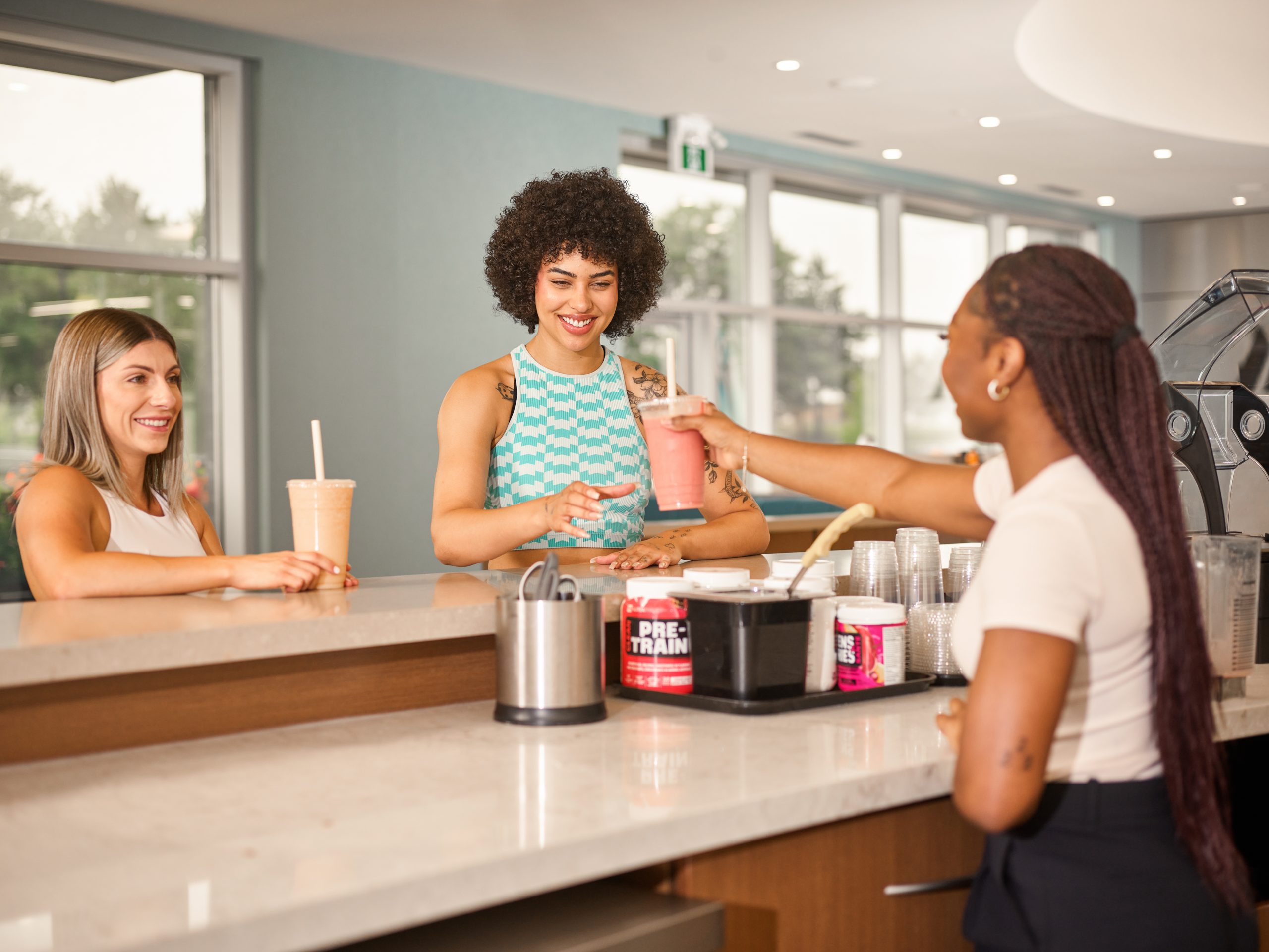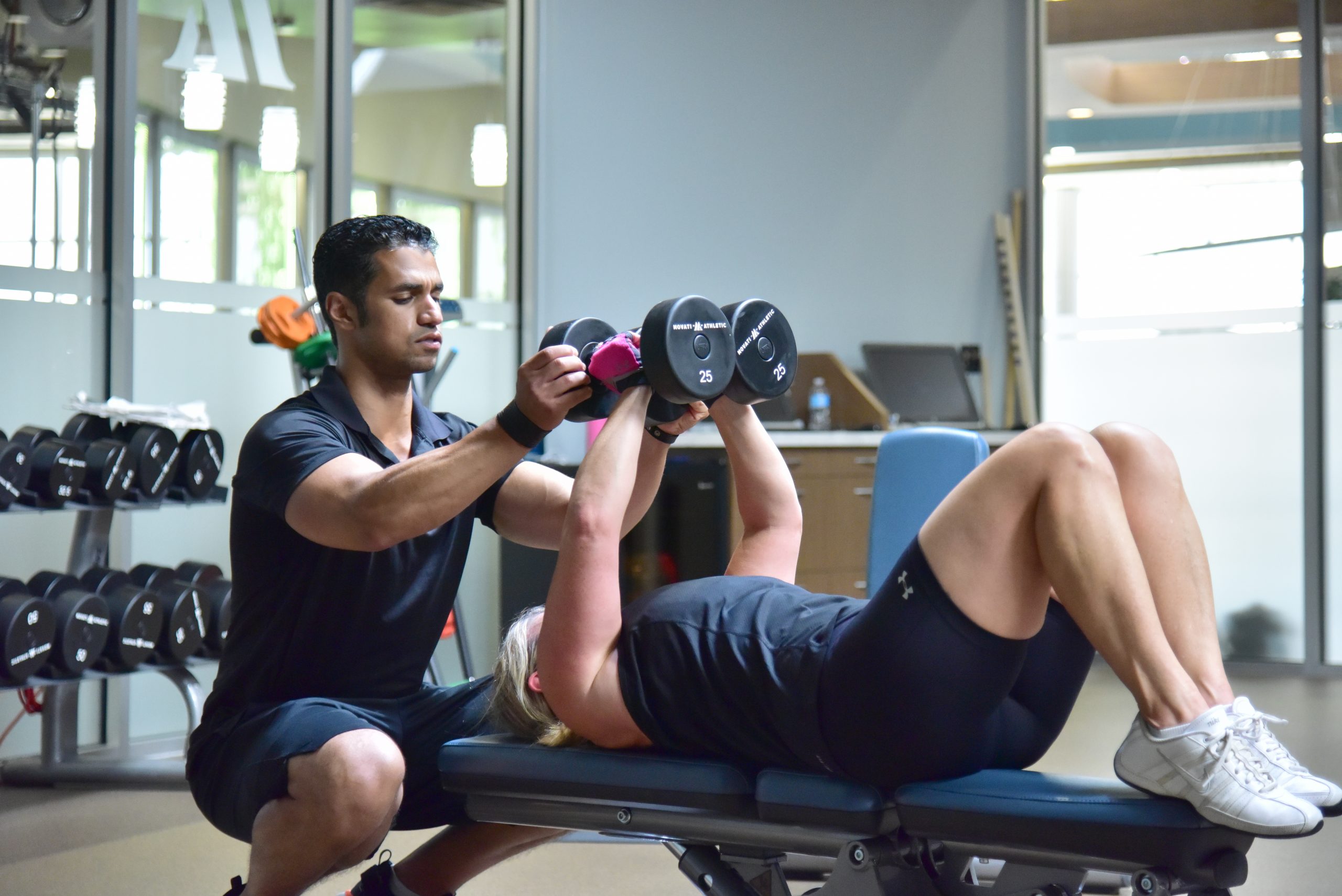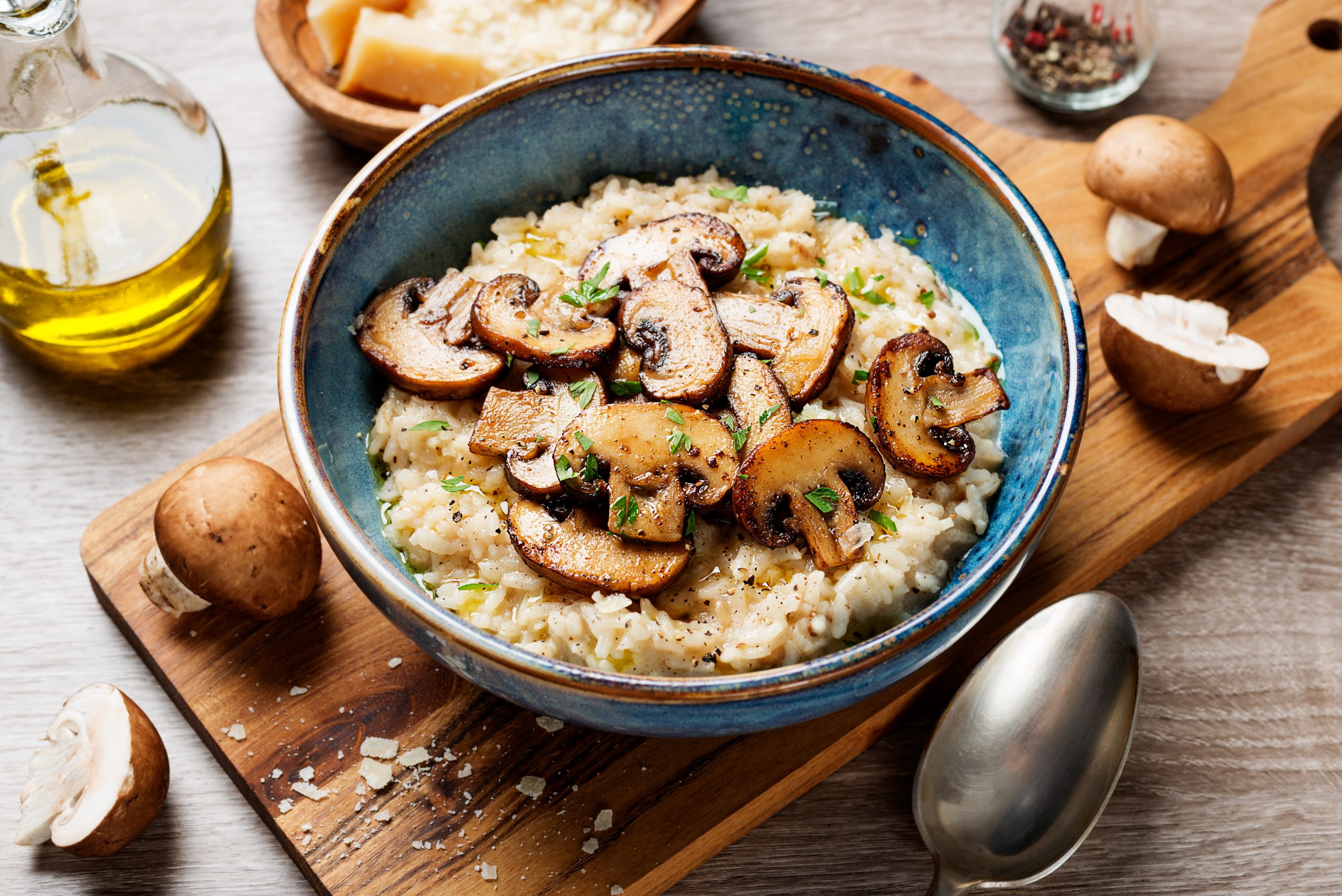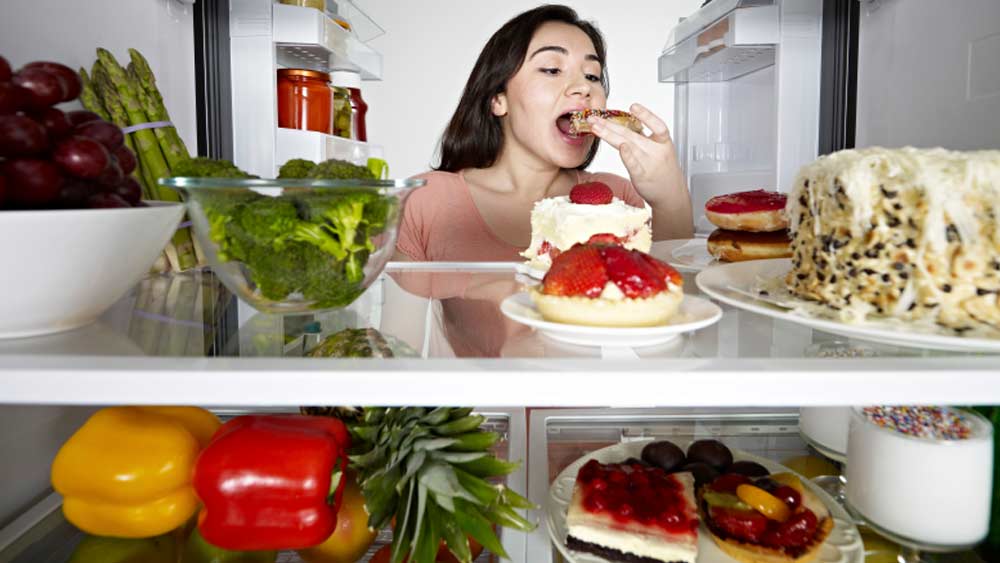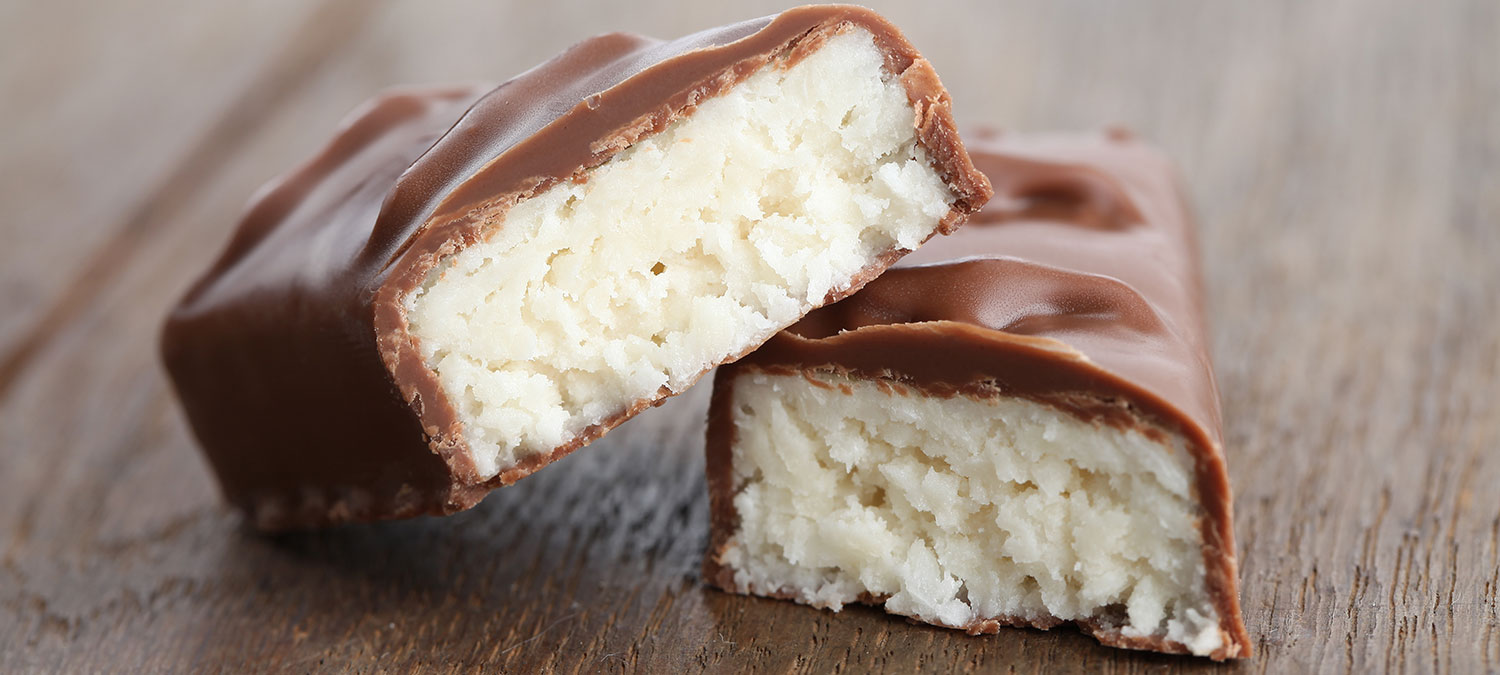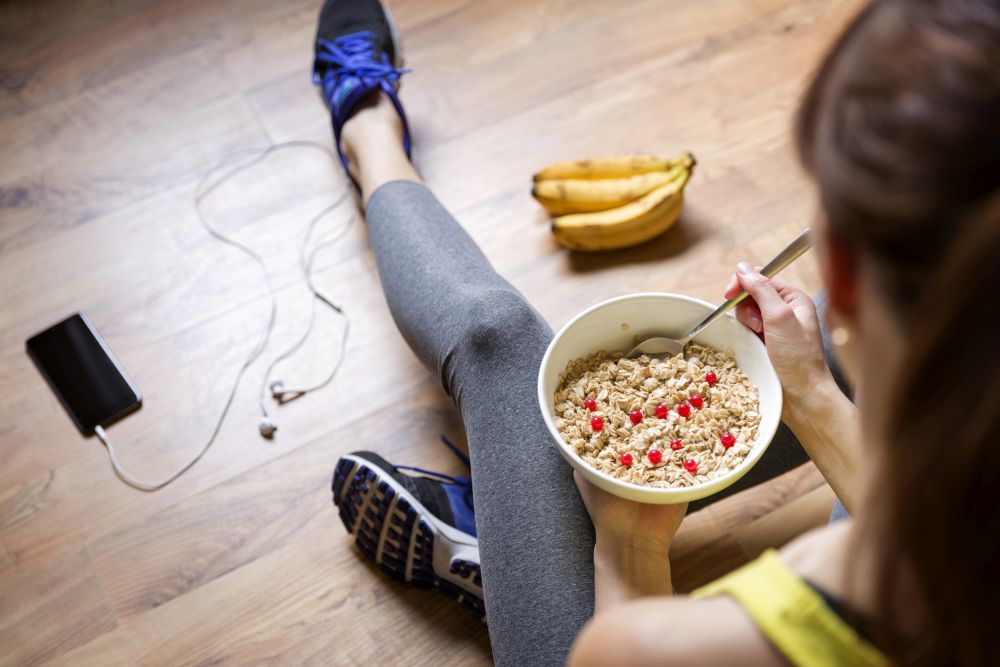Collagen is a key component in bones, skin, muscles, and other body parts. It may help improve skin health, relieve joint pain, and prevent bone loss, among other things.
Collagen is a protein. Your body makes it, and it’s important for healthy joints, skin, bones, muscles, and more. But as you age — just when it’s harder for your body to make collagen — the collagen you have begins to break down. So, you may be considering collagen supplements and wondering how much they really help.
What is collagen?
Collagen is the most abundant protein in your body. It accounts for about 30% of your body’s total protein. Collagen is the primary building block of your body’s skin, muscles, bones, tendons and ligaments, and other connective tissues. It’s also found in your organs, blood vessels and intestinal lining.
Proteins are made from amino acids. The main amino acids that make collagen are proline, glycine and hydroxyproline. These amino acids group together to form protein fibrils in a triple helix structure. Your body also needs the proper amount of vitamin C, zinc, copper and manganese to make the triple helix.
Here are 9 science-backed health benefits of taking collagen.
-
May improve skin health
Collagen is a major component of your skin. It plays a role in strengthening skin, as well as in elasticity and hydration. As you age, your body produces less collagen, leading to dry skin and the formation of wrinkles.
Several studies have shown that collagen peptides or supplements containing collagen may help slow the aging of your skin by reducing wrinkles and dryness. One review of 26 studies focusing mostly on women found that taking 1–12 grams of collagen per day for 4–12 weeks led to improvements in skin elasticity and hydration.
These supplements may work by stimulating your body to produce collagen and other proteins that help structure your skin, including elastin and fibrillin.
There are also many anecdotal claims that collagen supplements help prevent acne and other skin conditions, but these aren’t supported by scientific evidence.
-
May relieve joint pain
As you age, the amount of collagen in your body decreases, and your risk increases for joint disorders such as osteoarthritis. Some studies suggest that collagen supplements may help improve symptoms of osteoarthritis and reduce overall joint pain.
A review of studies in people with osteoarthritis found that taking collagen led to significant improvements in joint stiffness but not pain or functional limitation.
Researchers suggest supplemental collagen may accumulate in cartilage and stimulate your tissues to make collagen which may lead to lower inflammation, better joint support, and reduced pain. But evidence is needed to recommend collagen as a treatment for osteoarthritis.
-
May prevent bone loss
Your bones are made mostly of collagen. As you age, collagen deteriorates, and your bone mass decreases. This may lead to conditions such as osteoporosis, which is characterized by low bone density and a higher risk of bone fractures.
Research suggests collagen supplements may help inhibit the bone breakdown that leads to osteoporosis.
In a 12-month study of postmenopausal women, some took a calcium and vitamin D supplement with 5 grams of collagen and others took a calcium and vitamin D supplement with no collagen daily.
Those taking the calcium, vitamin D, and collagen supplement had significantly lower blood levels of proteins that promote bone breakdown and less loss of mineral bone density than those who took only the calcium and vitamin D.
Another study found similar results in 66 postmenopausal women who took 5 grams of collagen daily for 12 months. Participants who took the collagen had an increase of up to 7% in their bone mineral density (BMD), a measure of the density of minerals in bones.
However, more human studies are needed.
-
May boost muscle mass
As the most abundant protein in the body, collagen is an important component of skeletal muscle.
In a 12-week study, 26 older men with sarcopenia took 15 grams of collagen while participating in an exercise program. Compared to men who exercised but didn’t take collagen, they gained significantly more muscle mass and strength.
However, more research is necessary to prove collagen’s potential to boost muscle mass.
-
May promote heart health
Researchers have theorized that collagen supplements may help reduce the risk of heart conditions.
Collagen provides structure to your arteries, the blood vessels that carry blood from your heart to the rest of your body.
Without enough collagen, arteries may become less flexible and elastic, which may lead to atherosclerosis, a disease characterized by the narrowing of your arteries. This condition may cause heart attack and stroke.
In a 6-month study, 30 healthy adults took 16 grams of collagen daily. They had experienced a significant reduction in measures of artery stiffness from the study’s beginning to its end.
Additionally, their levels of HDL (good) cholesterol rose by an average of 6%. HDL is an important factor in the risk of heart conditions, including atherosclerosis, though more research is needed.
-
May improve gut health
Although no randomized controlled trials support this claim, some health professionals report that collagen supplements can treat leaky gut syndrome, also called intestinal permeability. Individuals report collagen helps, but research is needed.
-
May strengthen your hair and nails
Taking collagen may increase the strength of your nails. While more research is needed to support collagen’s effect on hair, people report that taking collagen may help your hair avoid breaking as easily.
-
May help maintain brain health
While no studies have examined the role of collagen supplements in brain health, some people claim that they improve mood and reduce anxiety symptoms.
-
May help support weight loss
Proponents believe that collagen supplements may promote weight loss and faster metabolism. However, no studies support these claims. Although these potential effects are promising, more research is needed before formal conclusions can be made.
Finally, keep in mind that ingesting collagen peptides — from foods or supplements — can’t be directed to where you want them to be used. Your body uses these peptides for whatever it needs, be it collagen or protein.
Join MOVATI Today and get Started with This Special Offer. Already a member? To customize programming and help you improve your training, consult with one of our Performance Coaches in club and complete your Game Plan Session or join seminars with one of our fitness professionals.
Source: Cleveland Clinic – https://my.clevelandclinic.org/health/articles/23089-collagen
